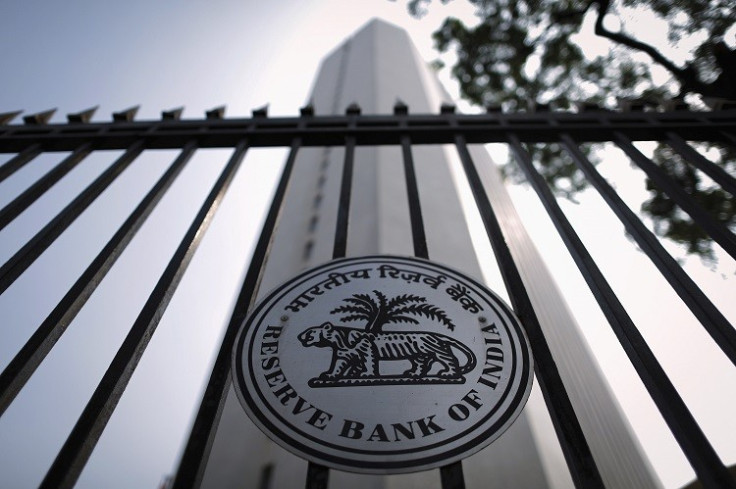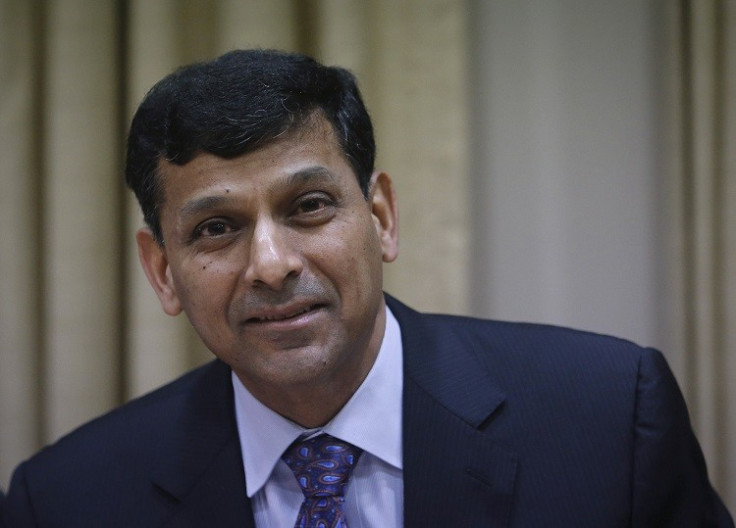London Banks Take Flight to India: The Duality of the Market

In a busy week of announcements that have impacted the course of the global banking markets, one piece of news that may have quietly slipped by was that of India unveiling a shake-up of the rules governing foreign banks operating in the country.
While understated, the news could mean important strides for a country that has, under new economic leadership, made significant strides over the past few months.
In a statement released by the Indian Central Bank, it announced that overseas banks will be allowed to set up subsidiaries in India with minimum capital of 5 billion rupees (£50m, €60m, $80m) and a capital adequacy ratio of 10%.
The signal that has been sent out by the Indian Central Bank could not be clearer, they are open for business and that with the introduction of foreign banks, the country's economic leaders believe that it could become a significant player on the world stage.
Since taking the helm of the Central Bank, the new Governor, Raghuram Rajan, has gathered a lot of respect and support, portraying him in a very positive light across the country.
This mandate has allowed him to start to initiate change in order to deal with some of the inherent problems in the Indian economy, most notably inflation.

This week's announcement has only served to solidify his position, fulfilling the promise made at the inception of his term that he would seek to encourage foreign banks to move to a wholly-owned subsidiary structure, giving them greater ability to expand.
But while clearly beneficial to the Indian economy, concerns of foreign domination in the market have led to a very cautious initial approach by the Governor. As such, the central bank will restrict further entry of new wholly owned subsidiaries of foreign banks if the assets of institutions owned abroad exceed 20% of the country's total.
While the prospect of expansion into the market for some foreign banks will be tempting, there is a certain duality to India at the moment. On the one hand we can see some great opportunities in the country, and lowering the barriers to entry for foreign financial institutions is a logical step for the Indian Central Bank. On the other, India remains tied by an infrastructure that is in dire need of investment and a languishing currency which perpetuates the stagnation of the economy.
Foreign banks have long wanted to boost their profile in India. Having established a presence there ourselves, we have seen significant growth from a society where entrepreneurialism is thriving and where economic change is on the horizon.
However, while encouraging foreign banks to come to India is a stride in the right direction for the country, the UK's economic ties with India are still weak. Rupee depreciation, visa issues and economic instability remain fundamental barriers in the short term. Nonetheless, correct these and the country is very capable of bringing in the banks it needs and bringing about the economic transition it so desperately desires.
Matthew Parden is a managing Director at Duncan Lawrie Private Bank
© Copyright IBTimes 2024. All rights reserved.





